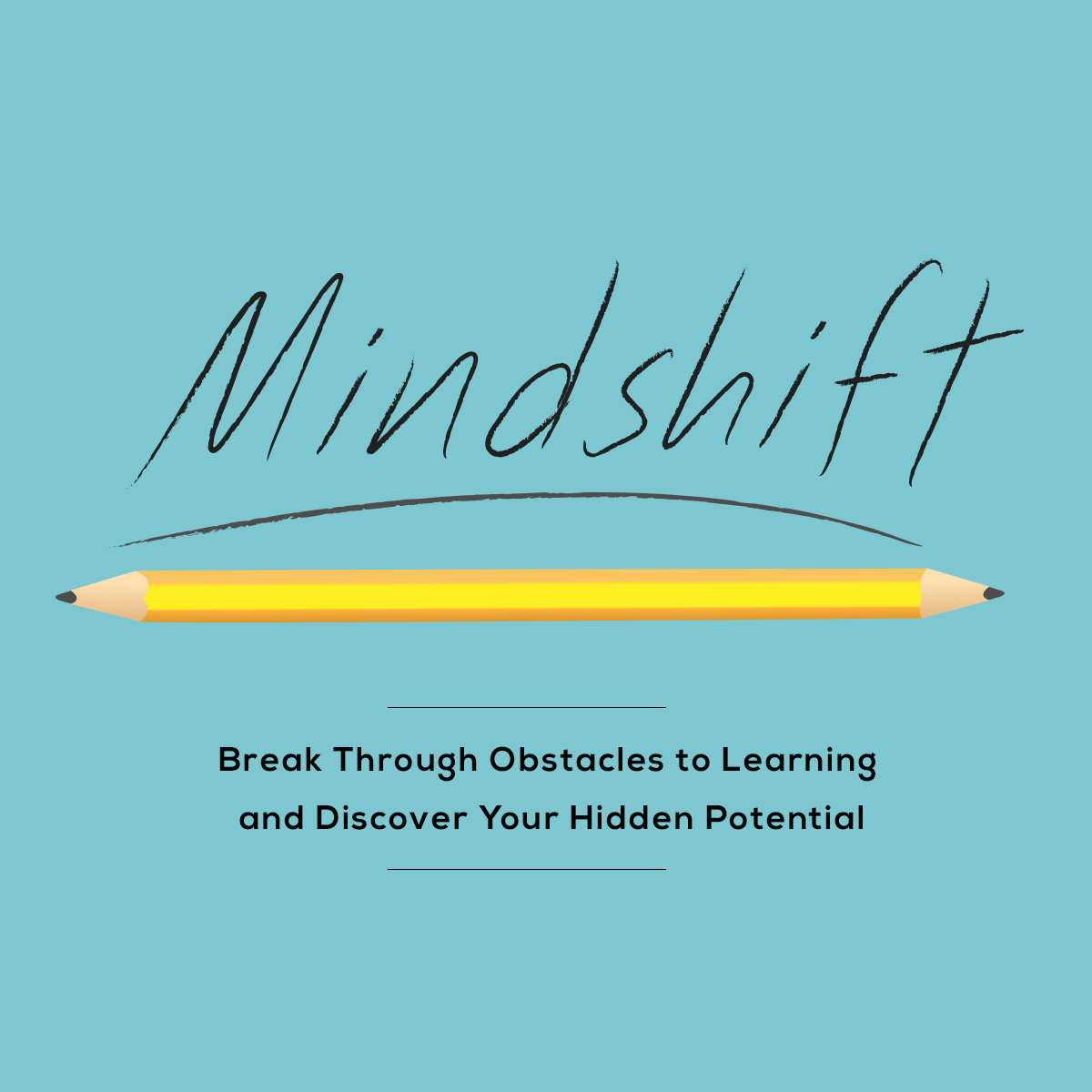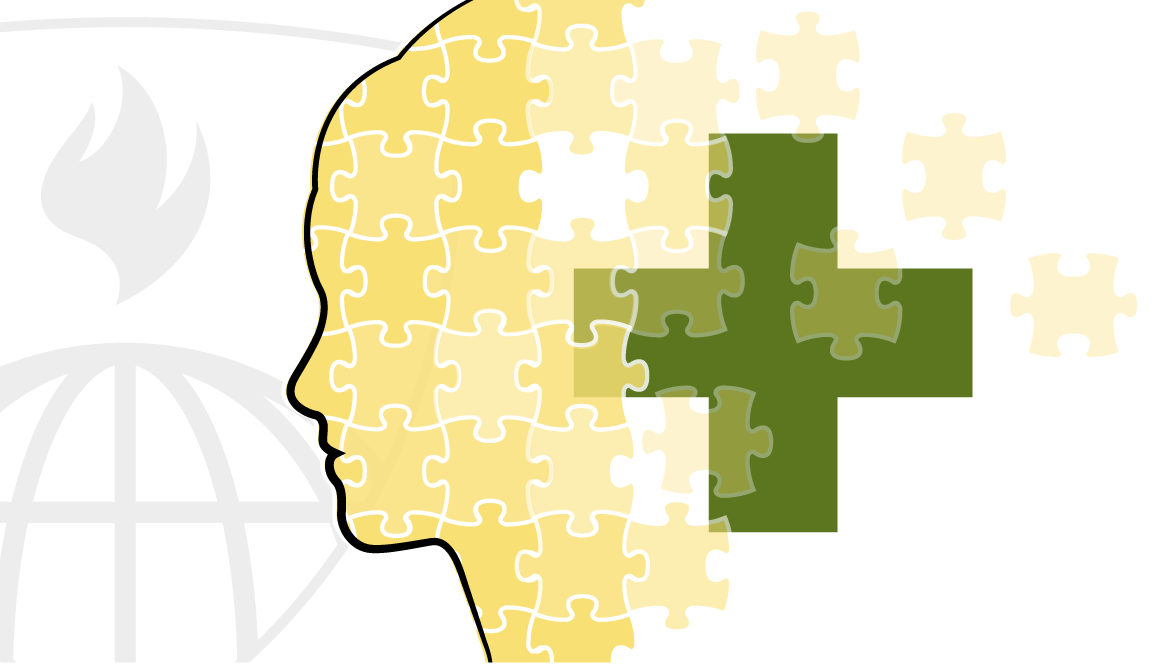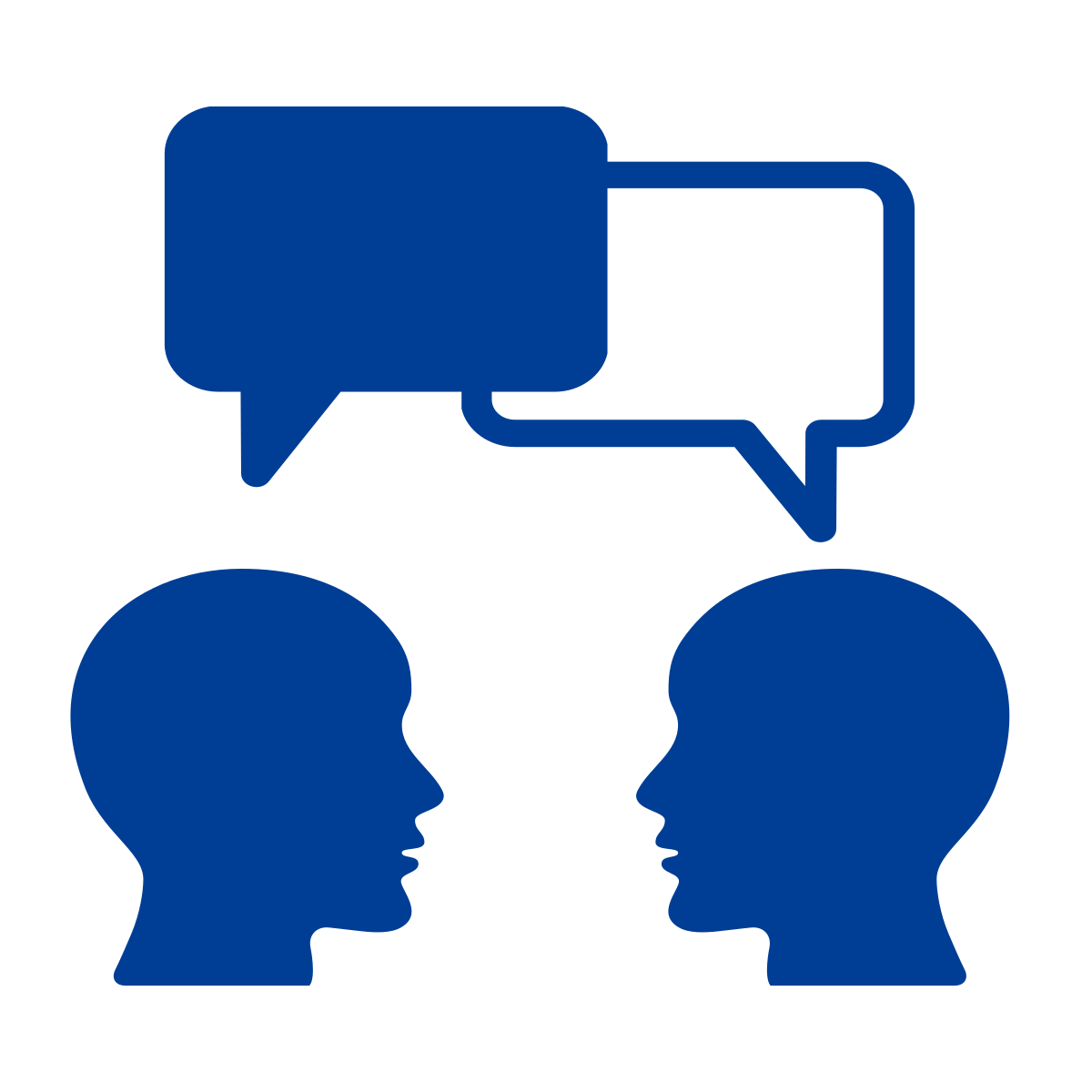Back to Courses









Psychology Courses - Page 7
Showing results 61-70 of 77

Survey Data Collection and Analytics Project (Capstone)
The Capstone Project offers qualified learners to the opportunity to apply their knowledge by analyzing and comparing multiple data sources on the same topic. Students will develop a research question, access and analyze relevant data, and critically examine the quality of each data source.
At the completion of this capstone, students will have demonstrated hands-on data analysis capability, evaluated the quality of different data sources using the Total Survey Error approach, involving at least some of the following: comparing weighted non-probability samples to data collected from probability samples, using sampling techniques to correct for coverage errors, and tracking and assess the ease of using an online questionnaire that you implement.

Introduction to User Experience Design
The focus of this course is to introduce the learner to User Experience (UX) Design
User Experience design is design that is user centered. The goal is to design artifacts that allow the users to meet their needs in the most effective efficient and satisfying manner. The course introduces the novice to a cycle of discovery and evaluation and a set of techniques that meet the user's needs.
This course is geared toward the novice. It is for learners that have heard about "user experience" or "user interface" design but don't really know much about these disciplines.
The course mantra is that “Design is a systematic and data driven process.” Design is systematic because it is based on a set of techniques and also on a cycle of discovery.
In this course the learner is introduced to the four step user interface design cycle. Along the way learners are exposed to a set of techniques to gather information about a) what the user needs b)how to design and model interfaces based on these and then how to evaluate the design to ascertain that the user's goals are met. These techniques are tools that are used in a standardized manner and give us the data we use in our design.
This means that anyone (regardless of their current training) that is willing to learn these techniques and follow the proposed cycle can be a UX designer!

The Arts and Science of Relationships: Understanding Human Needs
This course provides an introduction to:
1. Basic concepts of The Strategies and Skills Learning and Development System (SSLD), their relevance for every day relationships and provide advanced concepts for participants who work in fields of social work and health care .
2. Basic practice principles and methods of SSLD, illustrated by relationship management case studies.
3. The SSLD framework for relationship management assessment; N3C (needs, circumstances, characteristics, capacity) and problem translation.
4. Core competencies in the relationship management application of the SSLD system: Observation learning, simulation, real life implementation, review and monitoring.

Mindshift: Break Through Obstacles to Learning and Discover Your Hidden Potential
Mindshift is designed to help boost your career and life in today’s fast-paced learning environment. Whatever your age or stage, Mindshift teaches you essentials such as how to get the most out of online learning and MOOCs, how to seek out and work with mentors, the secrets to avoiding career ruts (and catastrophes) and general ruts in life, and insights such as the value of selective ignorance over general competence. We’ll provide practical insights from science about how to learn and change effectively even in maturity, and we’ll build on what you already know to take your life’s learning in fantastic new directions. This course is designed to show you how to look at what you’re learning, and your place in what’s unfolding in the society around you, so you can be what you want to be, given the real world constraints that life puts on us all. You’ll see that by using certain mental tools and insights, you can learn and do more—far more—than you might have ever dreamed!
This course can be taken independent of, concurrent with, or subsequent to, its companion course, Learning How to Learn. (Mindshift is more career focused, and Learning How to Learn is more learning focused.)

Moralities of Everyday Life
How can we explain kindness and cruelty? Where does our sense of right and wrong come from? Why do people so often disagree about moral issues? This course explores the psychological foundations of our moral lives.

Managing Social and Human Capital
People are the most valuable asset of any business, but they are also the most unpredictable, and the most difficult asset to manage. And although managing people well is critical to the health of any organization, most managers don't get the training they need to make good management decisions. Now, award-winning authors and renowned management Professors Mike Useem and Peter Cappelli of the Wharton School have designed this course to introduce you to the key elements of managing people. Based on their popular course at Wharton, this course will teach you how to motivate individual performance and design reward systems, how to design jobs and organize work for high performance, how to make good and timely management decisions, and how to design and change your organization’s architecture. By the end of this course, you'll have developed the skills you need to start motivating, organizing, and rewarding people in your organization so that you can thrive as a business and as a social organization.

Everyday Parenting: The ABCs of Child Rearing
Everyday Parenting gives you access to a toolkit of behavior-change techniques that will make your typical day in the home easier as you develop the behaviors you would like to see in your child. The lessons provide step-by-step instructions and demonstrations to improve your course of action with both children and adolescents. Among many techniques, you will learn how even simple modifications to tone of voice and phrasing can lead to more compliance. The course will also shed light on many parenting misconceptions and ineffective strategies that are routinely used.
The key to the course is practice. It is not enough to know the strategies; you have to do them to reap the rewards. Using the techniques on a temporary basis will lead to permanent change.
Chances are your parenting is perfectly fine and working the way you would like. But if you have any frustrations with your child or would like improve your effectiveness in changing your child’s behavior, these videos will be a very useful guide.
Subtitles available in Chinese and Spanish.

Psychological First Aid
Learn to provide psychological first aid to people in an emergency by employing the RAPID model: Reflective listening, Assessment of needs, Prioritization, Intervention, and Disposition.
Utilizing the RAPID model (Reflective listening, Assessment of needs, Prioritization, Intervention, and Disposition), this specialized course provides perspectives on injuries and trauma that are beyond those physical in nature. The RAPID model is readily applicable to public health settings, the workplace, the military, faith-based organizations, mass disaster venues, and even the demands of more commonplace critical events, e.g., dealing with the psychological aftermath of accidents, robberies, suicide, homicide, or community violence. In addition, the RAPID model has been found effective in promoting personal and community resilience.
Participants will increase their abilities to:
- Discuss key concepts related to PFA
- Listen reflectively
- Differentiate benign, non-incapacitating psychological/ behavioral crisis reactions from more severe, potentially incapacitating, crisis reactions
- Prioritize (triage) psychological/ behavioral crisis reactions
- Mitigate acute distress and dysfunction, as appropriate
- Recognize when to facilitate access to further mental health support
- Practice self-care
Developed in collaboration with Johns Hopkins Open Education Lab.

Learning Mindsets & Skills
The Learning Mindsets & Skills MOOC is designed to explore underlying concepts behind Learning Mindsets & Skills as well as the the practical applications of those concepts in various educational environments. Course Participants will hypothesize a learning mindset-related change to be implemented within their educational environment, test their theory, and present their findings to a wider audience.

Health Coaching Conversations
Are you a healthcare practitioner or student in a healthcare field?
Do you want to learn how to have more empowering conversations with your patients and support them to take control of their own health and wellbeing?
Are you looking for a course to start learning these skills that also fits with your busy life?
If so, this is the course for you!
In this course, you will become much more familiar with some key health coaching principles and skills, and will be equipped to start applying these in your own healthcare contexts with patients and in your own life too.
Popular Internships and Jobs by Categories
Find Jobs & Internships
Browse
© 2024 BoostGrad | All rights reserved